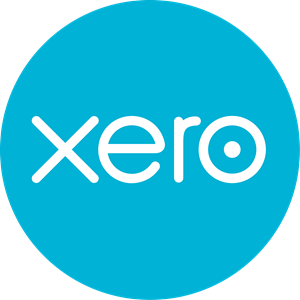I Make $6K/Month Helping Companies Automate Repetitive Tasks [& I Quit My Day Job]
Note: This business is no longer running. It was started in 2020 and ended in 2024. Reason for closure: Shut down.
Hello! Who are you and what business did you start?
Hi! Thank you for the opportunity. My name is Sami Abid, founder and Managing Director of AYH Consulting Ltd. I started a service-based business in October, 2020 to help businesses automate their repetitive tasks and streamline their business operations using low-code applications e.g Airtable, Notion, Zoho, HubSpot, Knack, Zapier, Integromat and n8n. I am currently earning an average of $6k/month via retainer contracts and hunting for new business every month.
Initially this was a side-hustle where I helped small businesses in my free time but now I have slowly scaled my business and gone full time to serve small and medium-sized enterprises.

What's your backstory and how did you come up with the idea?
Technology has always fascinated me and its intersection in our lives.However, I began my professional...



















